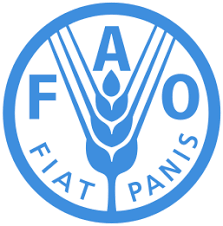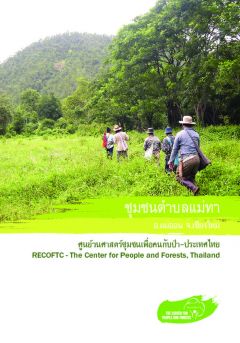Strengthening Community Understanding of Free, Prior and Informed Consent - A Trainer's Manual
This trainer’s manual aims to help strengthen and build the capacity of community activists, community based organisations and educators to support communities to understand Free, Prior and Informed Consent (FPIC).
The objectives are: • to enable communities to demand meaningful participation in natural resource management decision-making;
• to make sure that internal community decision-making processes include all members of the community;
• to ensure that projects only go ahead if the consent of the affected community is given.










